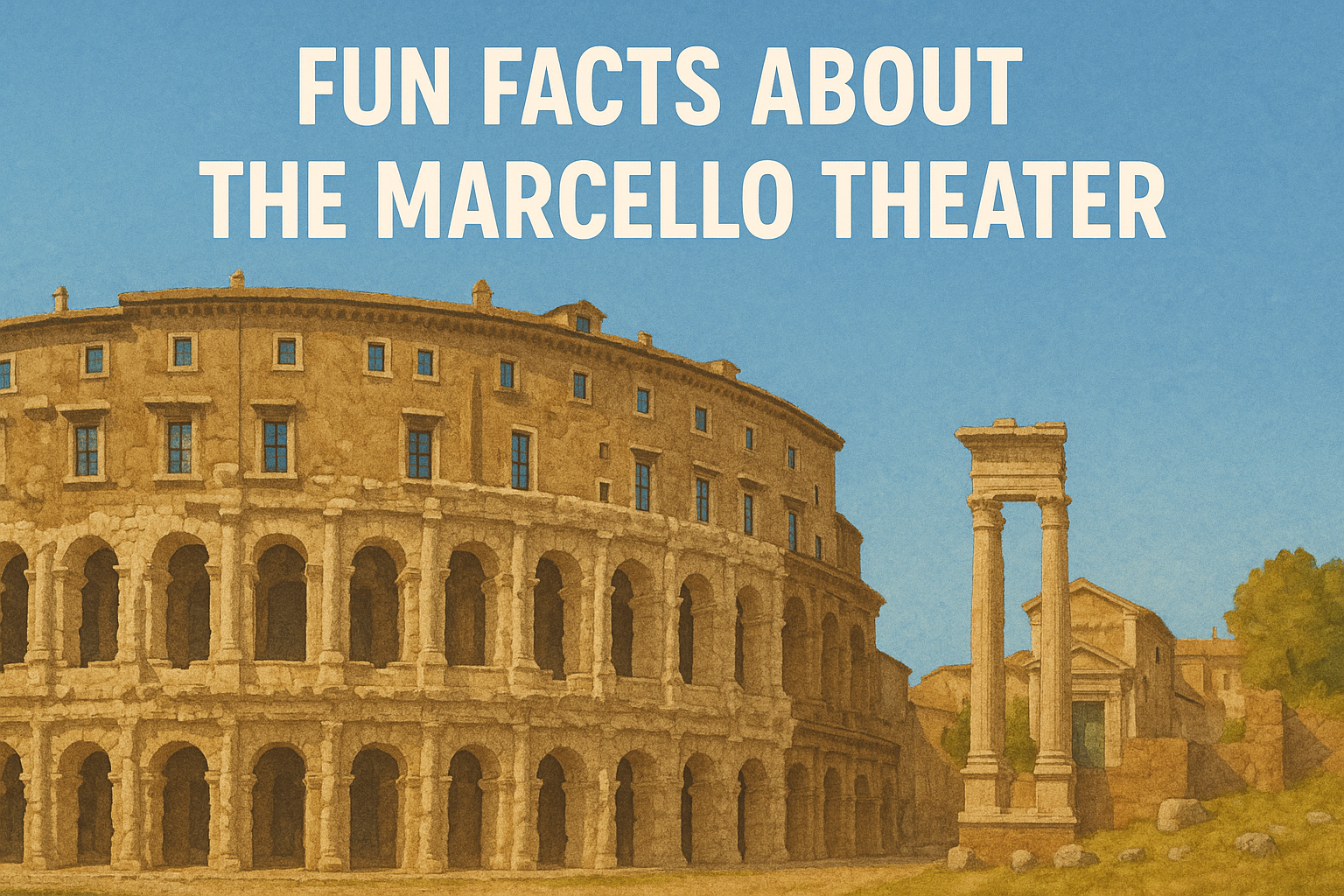Introduction
As of now, Unlike La Scala or Teatro di San Carlo, the Macello Theater does not have global recognition, but it is a very special corner of the rich Italian culture. Hidden in an obscure corner of Italy, this theater captivates a lot of people with its long history, unusual architectural elements, and meanings left centuries ago. The Macello Theater should be full enough to explore regardless of whether you are a theater maniac, history, or just a person interested in something unknown and hidden.
A Name that is Not Ordinary But that has a History of Significance
The name Macello has the Italian origin which means the slaughterhouse which may appear strange in a theater. But the location, which they used to construct the theater, was formerly a meat market with slaughter of animals. Older districts in the city were retooled during the town construction in most of the Italian towns. The development of the city created a need of having a space of a common culture and that is how this tough district has been changed to an arts district.
It is this juxtaposition of old and new that has created an interesting identity of the Macello Theater- transforming a slaughterhouse into a mansion of sweetness and fantasy.
A Civic Imperative Theater
Unlike most of the other existing theatres in Italy, the Macello Theater was not commissioned by a royalty or an aristocracy. Rather, it actually had local civic pride as its catalyst. The locals and neighbor authorities united and financed and constructed the theater as the culture and education hub. This democratically pleasing origin makes it one of the more notable within the sense of Italy compared to the more high-end theaters, as this theatrical production reflects this in its democratic notions of making all arts more available to the people.
Architecture with a History to Share
Although probably the Macello Theater does not represent the splendor of the baroque or Neoclassical theatre architecture, it makes an impression by its modest beauty. The front is a mixture of early 19 th century elements, the local place, with arched windows, rustic columns and terracotta for details, and explore the personality of the town around.
Internally, the theater still preserves most of its historical resources, including wooden balconies, paintings in frescoes, and old chandeliers, forcing any guest to experience time traveling. It is not about high-cost, but it is about authenticity and good taste that pulls you aside in the atmosphere of creativity, which is the spirit of the past.
It has Beat Wars and Political Transformation
The Macello Theater has had its share of tumult just like many other buildings found in Italy. Since World War I and II to regional political changes, the theater was repeatedly threatened to be closed, damaged, or left with no care. Nevertheless, it survived. It frequently became the subject of defense by locals and locals identified it as an important cultural pillar in the community.
It is an example of not only the architectural survival but also dedication of the community to save the art and history. It is a monument of perseverance, remembrance, and strength nowadays.
A Venue of All Kinds of Performances
The Macello Theater is one of the theaters that has hosted different performances throughout decades. It has been host to opera, Shakespeare inspiration, modern experimental art and every genre in between. Even town meetings, debate and school happenings were held in it in the olden days.
This flexibility is also an indication of the theater being used as a multi-purpose place by the people. It is not limited to the form of art. Rather, it supports any form of artistic expression, so it becomes living and breathing addition to its community.
Myths and Local Ghost Documents
Legends cannot be absent in any historic theater and the Macello Theater is not an exception. Locals speak of a mysterious figure who is said to prowl around in the back section of the building, when the place is empty: he is believed to be an old stagehand, or actor. This ghost never brings any bad thing with it, nevertheless, it contributes to the atmosphere of theater and its mysticism.
Such legends, either fictional stories or folklore stories, make the Macello Theater personal. It is in them that it is more than a building as it also becomes a character in its story.
Roles of Education in the Community
In addition to performances, the Macello Theater has been involved in education since early days. It has been used as a school program and community workshop space and drama club. Virtually countless young artists have broken such steps on its stage and, being led by local mentors and educators who recognized a theater as a means of development and self-realization.
Such efforts have contributed to the fact that the theater is not a museum or the thing of the past but the prospective and the element that will endure through several generations.
Participation in local Art Festivals
The Macello Theater tends to participate in regional and even national art festivals even though it is a small venue. Such events bring visitors and performers all over Italy and Europe. Only during festival seasons the life of the otherwise quiet town resounds with the jubilation of visitors and music, laughter and, last but not least, around this center of culture.
Its location within broader webs of art/performance demonstrates its increased exposure within the broader arts world and assists in maintaining its legacy and increasing its audience.
Reconstruction and Restoring Works
The Macello Theater is being restored and preserved through renovation projects done in the recent years. The given efforts were aimed at the preservation of the initial characteristics of the theater and the improvement of the technical equipment according to the contemporary performance criteria. The mixture of government grants, donations of individuals, and community fundraising were used to finance the project.
The rebirth has provided it with the second life with more performers and visitors, and, yet, it remains able to keep up with the other venues that are more significant as the theater may now compete with them.
Can Not Be Missed by Cultural Travelers
The Macello Theater is officially unknown to travelers, and it is a place that the culture tourists with interest in authentic experiences begin to be attracted to since it is not heavily promoted by guide books. It is like one of the sides that tourists are usually not aware of about Italy, the artistry of small towns, the affection of local customs, and the strong bond between the individual and performance.
In case you are planning to be in Italy and you want to avoid the tourist rush, you will find an authentic flavour of Italian culture in the performance inside Macello Theater.
Summary: Curtains and Lights have the soul of community
The Macello Theater is an old building with a weird name but… The soul of a community- the location of history, performance and human contact. Its harrowing rise out of poverty-stricken slaughterhouse slum to its position as a proud cradle of arts and learning is a story that in itself is no less interesting than the plays staged on its stage.
A visit or visitation to the Macello Theater provides one with an understanding as to the power of arts to not only change buildings but also transform whole communities. It serves as a reminder that culture exists not just in the great capitals and the great venues only but it exists where people are willing to share their stories.




